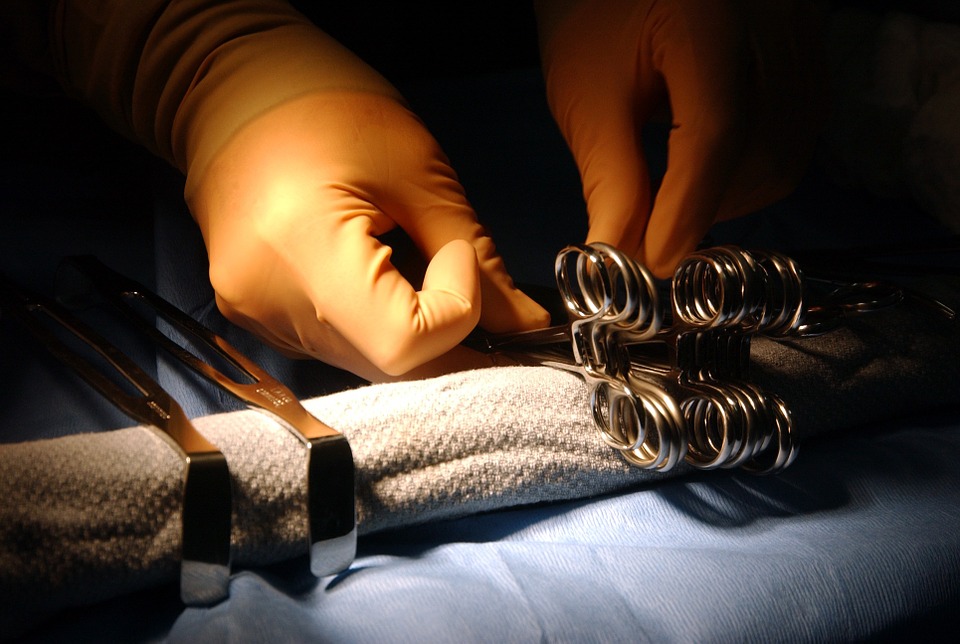The liver is one of the chief organs in the body. It is responsible for the metabolic functions of the body. If someone’s liver gets damaged, then it will be a life-threatening situation, and it needs urgent medical care. Moreover, liver failure occurs gradually over many years. However, a rarer condition, which is called acute liver failure, occurs in a short period (for example, in 48 hours). Acute liver failure is not easy to detect at first. In general, liver failure means that a large part of the liver got damaged and cannot be repaired, and it also affects the function of the liver.
Therefore, liver failure condition is of two types.
- Acute liver failure:In the acute condition, it will take a short duration (a few days or weeks) for the liver to stop working. This condition can be faced by anyone who does not suffer from any liver infection before its occurrence.
- Chronic liver failure:In chronic conditions, the damage to the liver occurs slowly over a long period and finally causes the liver to stop functioning.
Symptoms of liver failure
The early symptoms of liver damage are generally similar to those of other liver disorders and conditions. Therefore, it is difficult to diagnose liver failure at first. Some of the early symptoms of liver damage are as follows:
- Loss of appetite
- Nausea
- Diarrhea
- Fatigue
However, as the liver damage progresses towards the chronic side, the symptoms become more serious, demanding urgent medical care. Some of the symptoms of chronic liver failure are as follows:
- Jaundice
- Swollen belly
- Bleeding easily
- Sleepiness
- Mental confusion (often called hepatic encephalopathy)
Causes of liver failure
The causes of both acute and chronic liver failure are different.
Causes of acute liver failure
Rapid liver failure could be due to any of the following reasons:
- Overdose of acetaminophen: High doses of acetaminophen can harm the liver.
- Viral infection: Any virus infection like hepatitis A, B, and E, cytomegalovirus, the Epstein Barr virus, herpes virus, etc., can lead to acute liver failure or cirrhosis.
- Reactions of herbal medicines: It may happen that some herbal medicines may not suit you and they react with the liver cells and kill them. Moreover, few medications harm the various duct systems like the biliary duct through which the liver releases bile.
- Autoimmune diseases: In some autoimmune disorders, your body attacks your liver leading to liver damage. For example, viral hepatitis.
- Eating toxic wild mushrooms: A wild mushroom named Amanita phalloides and also called death cap contains toxic substances which directly damage liver cells.
- Wilson’s disease: This disease occurs due to excess copper in the body. It is also a genetic disorder. The liver protects your body against copper, but an excess of it harms the liver.
- Acute fatty liver: This is a rare case in which fat is deposited on the liver and impairs its functions.
- Industrial poisons: Many substances produced by industries for use like cleaner, degreaser, carbon tetrachloride, etc. contain toxic chemicals. They are also responsible for acute liver damage.
Causes of chronic liver failure
Some of the most frequent causes of this type of failure are as follows:
- Alcohol consumption: Alcohol consumption for a long time causes cirrhosis.
- Hepatitis B and C: In hepatitis B the liver swells, impairing its function. Untreated chronic hepatitis C also causes cirrhosis.
- Hemochromatosis: This is a genetic disorder that occurs due to an excess of iron in the body. It gets stored in the liver and ultimately causes cirrhosis.
Treatment of liver failure
Treatment varies from stage to stage of liver damage. But in general, for acute liver failure, treatment is required in the intensive care facility in a hospital as this condition may require a liver transplant. If it is detected early, then the doctor could treat it with the help of medications. However, it may take longer if some complications occur and the liver needs time to heal.
Cost of liver treatment in Delhi
- Since multiple factors are associated with liver failure, the cost of liver treatment in Delhi varies, depending on the condition of the patient and so on. However, in general, the cost of a liver transplant in Delhi ranges from Rs. 18 lakhs to around Rs. 32 lakhs.
- If the liver transplant cost is compared with the other developed countries, it is much cheaper in India.
- India has many liver specialists, including those in Delhi.
The earlier it is detected the sooner it gets treated. Therefore, if someone has any of the above-mentioned symptoms for long, he/she should immediately consult a Gastroenterologist (specialist in digestive and liver problems) or a Hepatologist, who specializes in liver treatment. You can find many liver specialists in Delhi.




